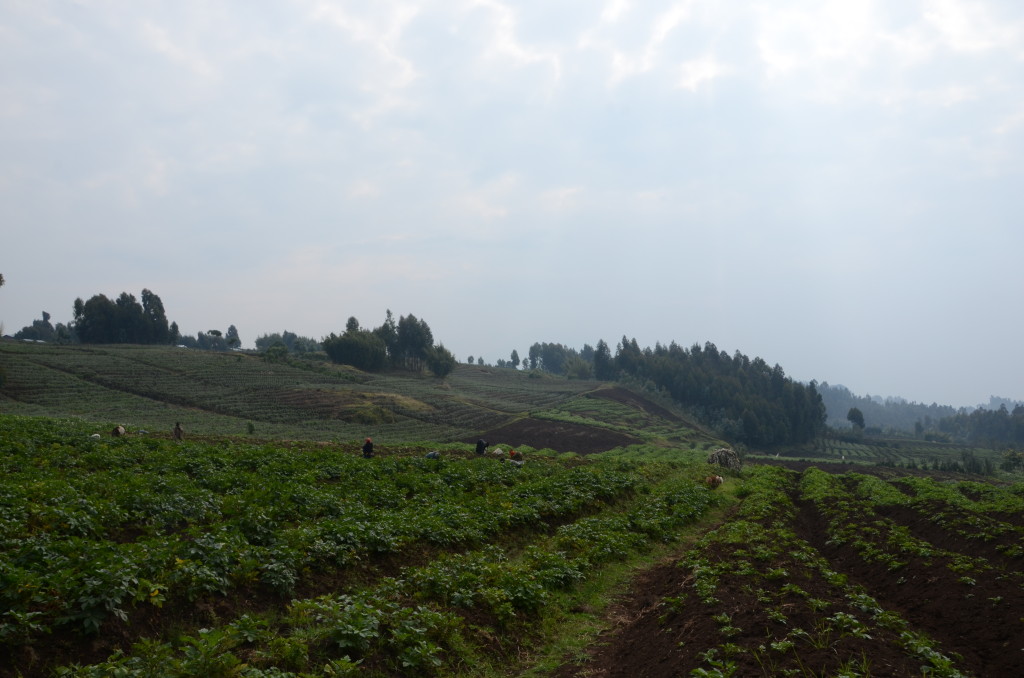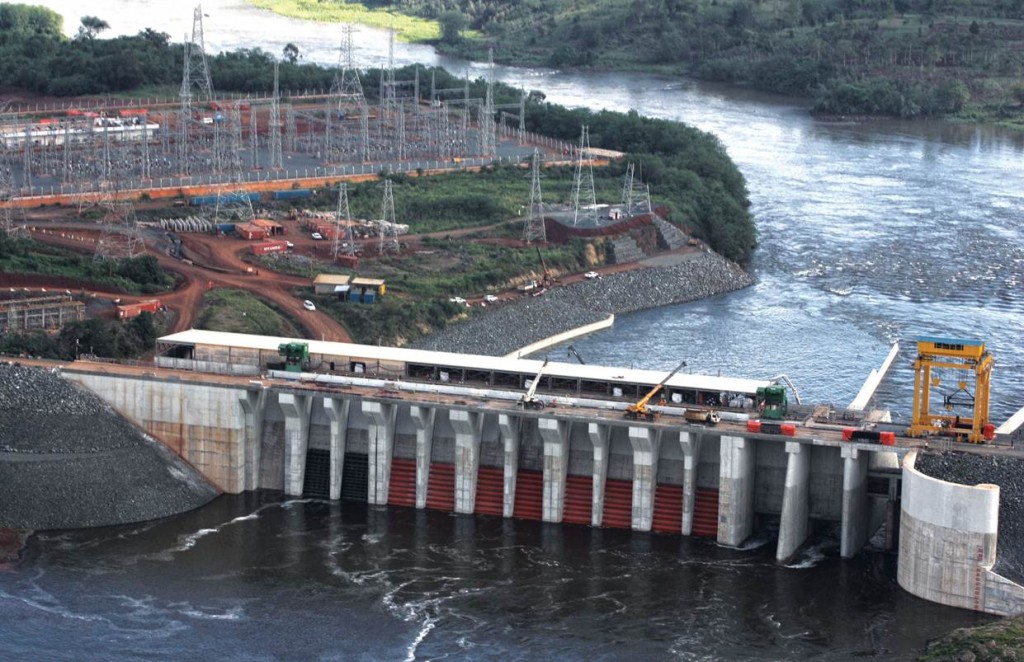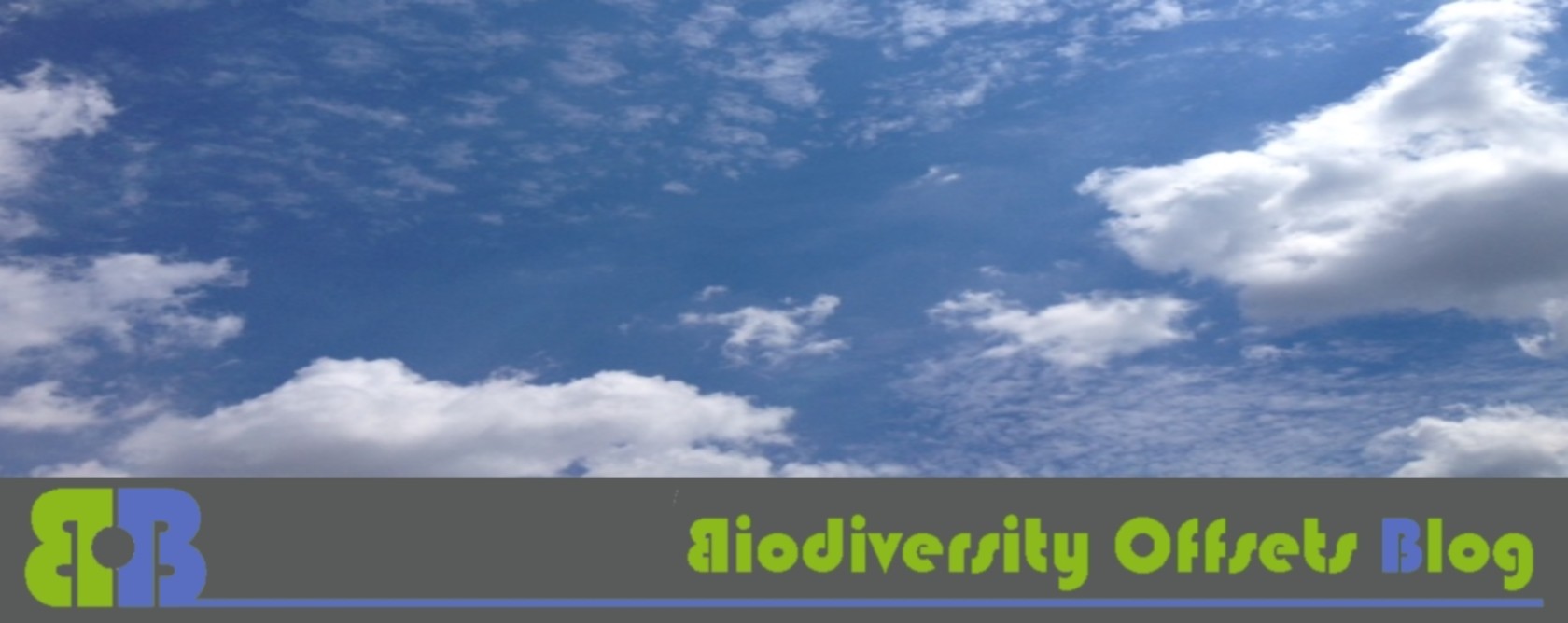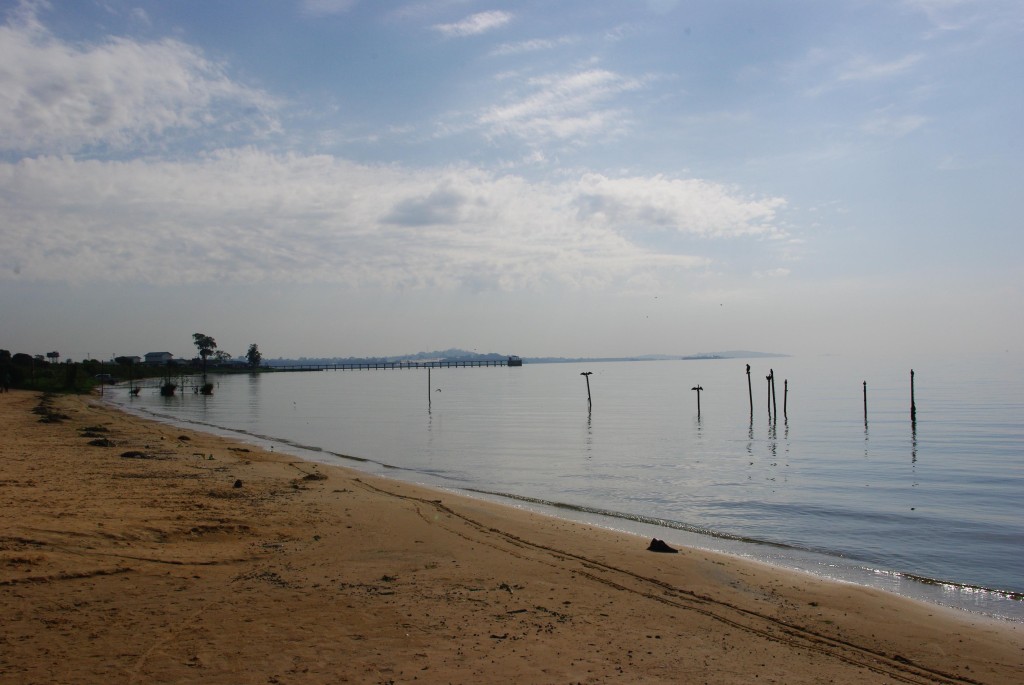This is a guest post by Victoria Griffiths, PhD Student at Imperial College London (UK). This comment is the expression of the author’s thoughts and experiences and as such is acknowledged as a fruitful contribution to the discussion on biodiversity offsets. If you want to react or clarify your own position (underpin or disprove Victoria’s reasoning), please leave a reply below!

Land use activities may be negatively impacted by development and offsetting activities (Photo by VF Griffiths)
Biodiversity offsetting needs to deliver the conservation gains for ‘no net loss’ without making local people worse off. In practical terms, this means that benefits provided to local communities by both the development and the offset must be greater than the costs that they endure.
But, with much guidance on biodiversity offsetting being focused on ecological aspects and only to a lesser extent on local communities and social aspects, are efforts to deliver social gains implemented and evaluated in a way that allows us to learn what works?
From my investigations so far, it seems that the consideration of social impacts (direct and indirect) from both development and offsetting activities needs to be more embedded within the offset process. There also seems to be a need for inclusion of social impacts into assessment of the outcomes of biodiversity offsets. Biodiversity based offset activities could benefit both biodiversity and local communities, but the question is how can this be achieved practically?
I am in the early planning stages of my PhD at Imperial College London, looking at the most effective ways to integrate no net loss of biodiversity, the concept that underpins biodiversity offsetting, with social gains. I will be using Uganda as a case study.
Case study: Biodiversity loss and social impacts from developments activities in Uganda
Uganda, one of the poorest countries in the world, has a large number of protected areas, the majority of which are located in the Albertine Rift, Western Uganda. The region is famous for its variety of ecosystems and biological diversity and is recognized globally as a biodiversity hotspot. This means that the Albertine Rift is one of the most important conservation regions in Africa. But major threats to the Rift and its protected areas exist, including poaching for bushmeat, illegal timber harvesting, charcoal burning, encroachment of agriculture and economic development.

Hydropower plant on the River Nile near Jinja, Uganda (source: European Investment Bank © EIB Photolibrary)
Uganda is currently experiencing a large amount of economic development with energy and transportation infrastructure development being identified as a key priority. Development projects in Uganda used to result in a loss of biodiversity. But now, the National Environmental Management Authority (NEMA) requires developers to take some form of action to compensate for the biodiversity damage.
I am planning on looking at several development activities in Uganda that have resulted in some form of biodiversity loss. Using these projects, we will look at the associated social impacts of the development (both positive and negative), investigate how the communities in the area use the land and associated biodiversity, and then look at community perceptions of how an offset might work in a way that benefits them while also ensuring no net loss of biodiversity. We will use the results in a spatial planning study, which will help provide information on the social and biodiversity trade-offs that different choices of development and offset sites might engender.
What are your thoughts and experiences?
I am keen to engage with others on this work and welcome your views on social impacts and biodiversity offsetting. Please send your views to v.griffiths14@imperial.ac.uk. A few questions that come to mind include:
- Do you think it is important to take the social impacts of different offsetting options into account while developing a biodiversity offset?
- How are the social aspects of biodiversity offsetting implemented, monitored and their effectiveness measured?
- Do you think that there is a gap in the literature and offsetting guidelines relating to the social impacts of biodiversity offsetting?
- Are the social impacts associated with biodiversity offsetting properly and fully appreciated and accounted for? If not, what are the impediments to this?
- In your experience, have you come across any offsetting studies or implementation plans that take social impacts into account?
- Do you think there are differences between the way in which social impacts of offsetting are understood and addressed in different parts of the world?
I look forward to receiving your feedback!

